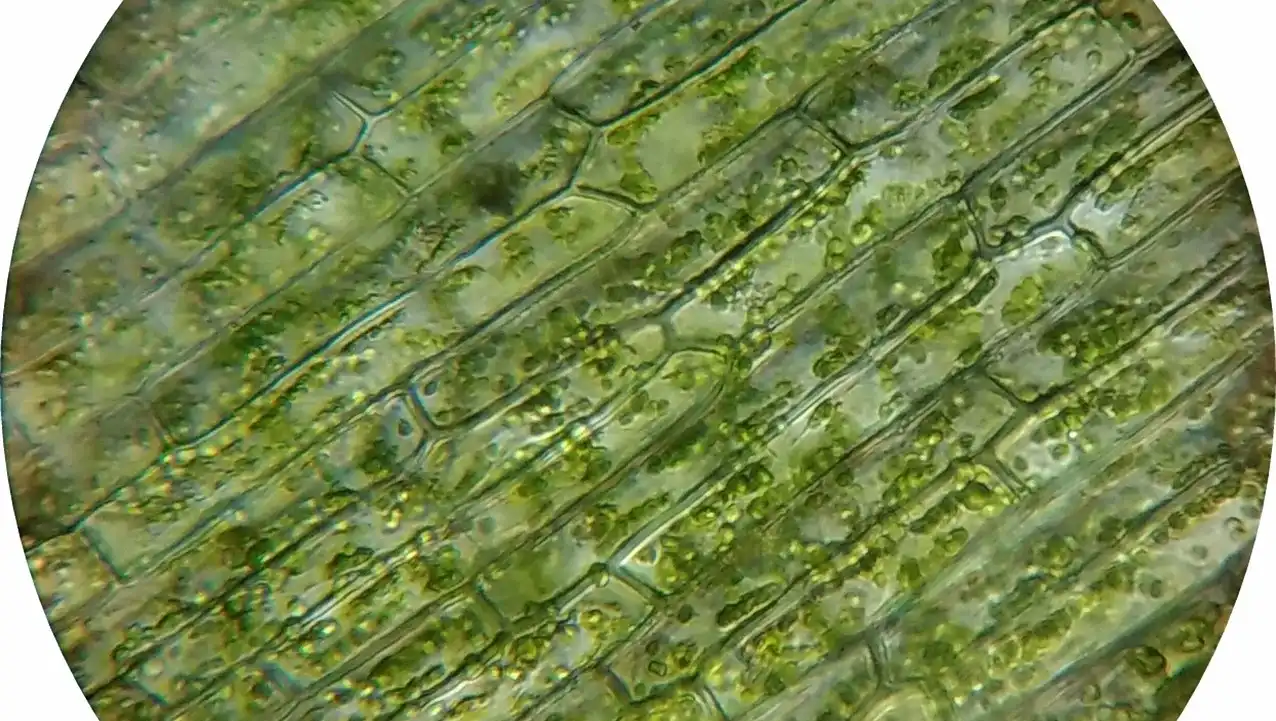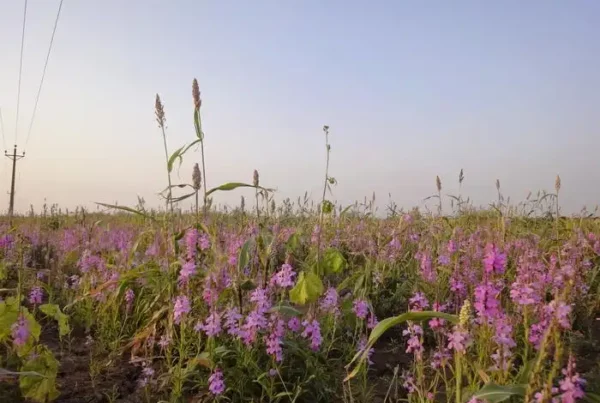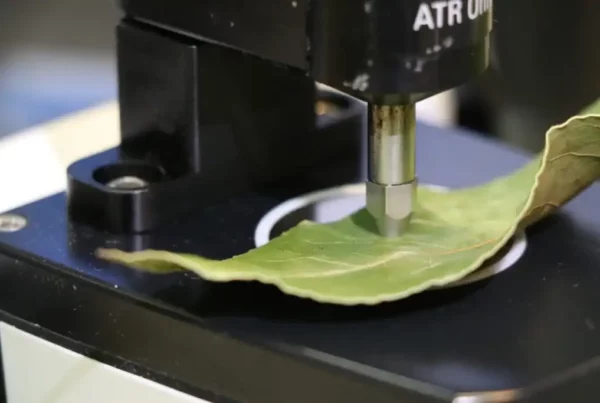A recent study has unveiled the sophisticated methods pathogens use to weaken plant defenses. It shows how a pathogen’s effector protein targets the chloroplast protein StFC-II, increasing its levels in chloroplasts and reducing the plant’s ability to generate reactive oxygen species (ROS). This manipulation significantly compromises the plant’s immune response, offering new insights into potential strategies for enhancing plant resistance to infections.
The work is published in the journal Horticulture Research.
The ongoing battle between plants and pathogens is shaped by millions of years of co-evolution. While plants have developed complex immune systems to fend off invaders, pathogens continuously evolve strategies to bypass these defenses. One of these strategies involves targeting chloroplast proteins, which are crucial for both photosynthesis and immunity. Understanding how pathogens exploit these proteins is essential for developing new approaches to strengthen plant resistance.
The research, led by scientists from Huazhong Agricultural University, explores how the Phytophthora infestans effector Pi22922 targets the chloroplast protein StFC-II in potatoes. The study reveals that Pi22922 interacts with StFC-II in the cytoplasm, preventing its degradation and promoting its accumulation in chloroplasts. This process disrupts the chloroplast’s role in immune responses, making the plant more susceptible to infection.
The study highlights the critical role of the chloroplast protein StFC-II in plant immunity and how its manipulation by the Pi22922 effector undermines plant defenses. Researchers discovered that Pi22922 stabilizes StFC-II in the cytoplasm, leading to its excessive accumulation in chloroplasts. This imbalance disrupts chlorophyll and heme biosynthesis, resulting in a significant reduction in reactive oxygen species (ROS) production—a key element of the plant’s immune response. The overexpression of StFC-II in transgenic potatoes further demonstrated increased susceptibility to infection, highlighting a sophisticated mechanism by which pathogens compromise plant immunity.
“Understanding the interaction between pathogen effectors and host proteins is crucial for developing more effective disease-resistant crops. This study reveals a previously unknown mechanism by which a pathogen manipulates a chloroplast protein to suppress plant immunity,” said Professor Zhendong Tian, the study’s corresponding author.
The findings from this research could greatly impact agricultural practices. By targeting the pathways that regulate chloroplast proteins like StFC-II, it may be possible to engineer crops with enhanced resistance to pathogens like Phytophthora infestans. Future research could explore gene-editing technologies to safeguard these vital proteins from pathogen manipulation, paving the way for more resilient crop varieties.
Read the paper: Horticulture Research
Article source: NanJing Agricultural University via Phys.org
Image credit: Andrea Vierschilling / Pixabay







